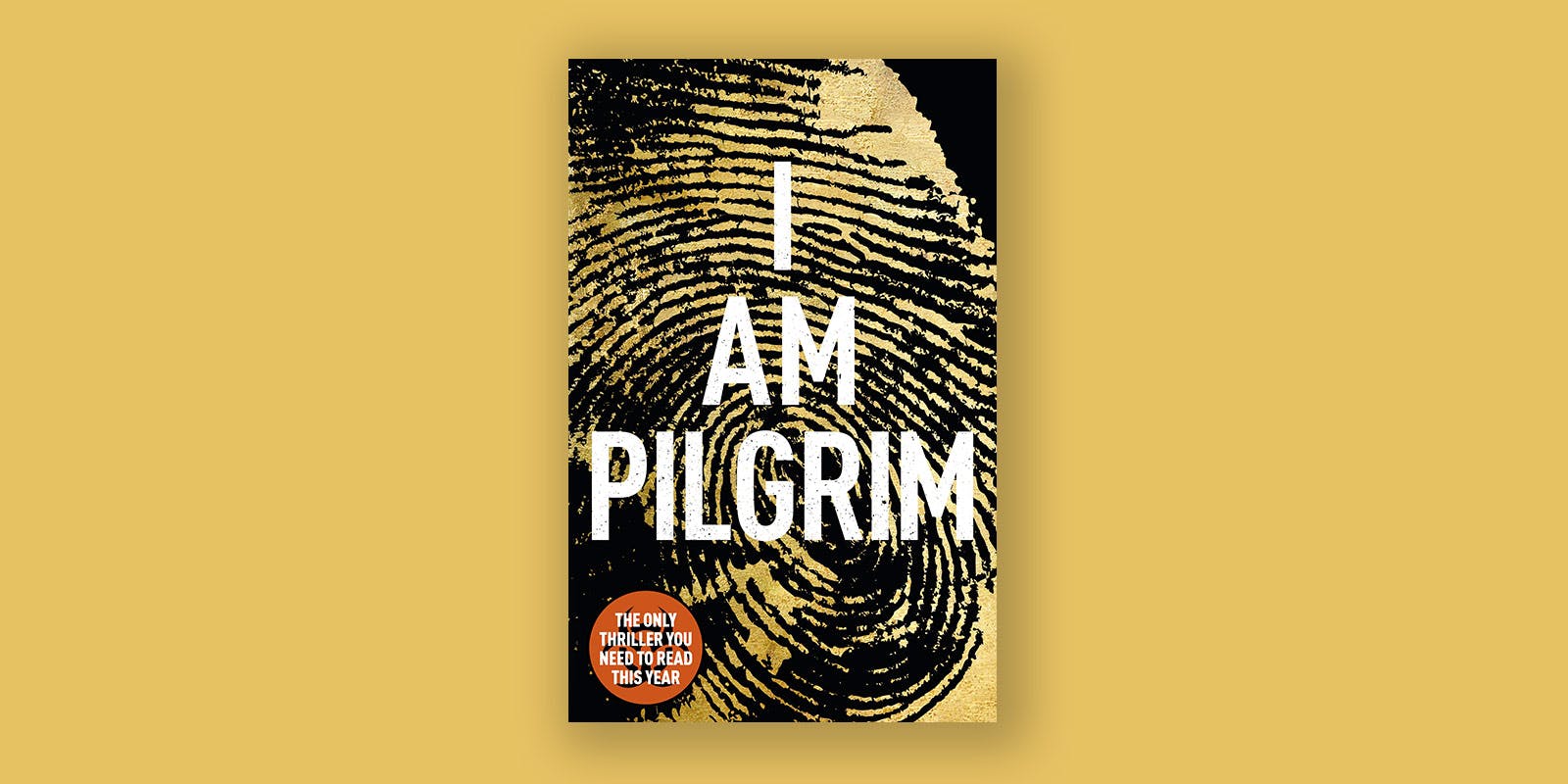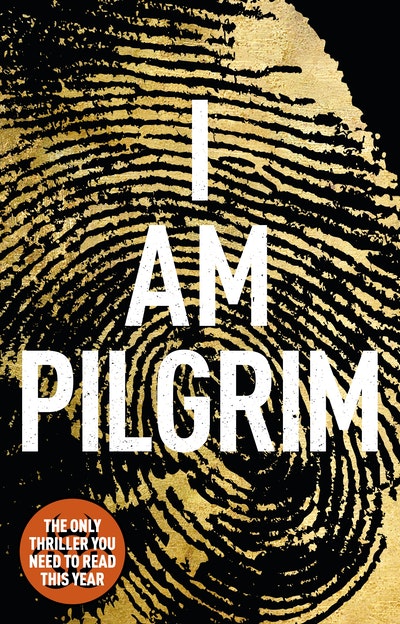Reading group discussion points for I Am Pilgrim by Terry Hayes
Australian author Terry Hayes brushed shoulders with the likes of Dan Brown and JK Rowling when his book, I Am Pilgrim, debuted at #4 on the UK Sunday Times list in August 2013. Take a look at our reading group questions and get the conversation started at your next book club meeting.
Reading Group Questions
- Pilgrim, perhaps the best intelligence agent in the world, has lived under scores of aliases. Scott Murdoch is the name he goes by in the real world, although that his not his real identity either. The man he chases is called the Saracen and he, too, has lived and travelled under an assumed name. Both men, in a way, are ghosts. They are also loners, trained as doctors, driven by their past, committed to their mission and ruthless in their pursuit of it. To what extent are they - the hero and anti-hero - the two sides of the same coin?
- Woven through the book is a Zen story which Pilgrim was told by a Buddhist monk. ‘If you want to be free, all you have to do is let go.’ Is this the major theme of the novel? Is this really Scott Murdoch's pilgrimage?
- There are two major threads to the novel - a murder investigation and the hunt for a terrorist planning a catastrophic attack on the West. Were they both necessary to show Pilgrim's skill and character?
- Ben Bradley was introduced as part of the murder investigation - how necessary was this New York homicide detective to defeating the Saracen?
- As a child the Saracen comes within moments of witnessing the public beheading of his father. When Pilgrim was very young he was in the apartment in Detroit when his mother was murdered. Both men are deeply wounded. Do you think it is true that the 'child becomes the man'? In what measure are their future characters and actions determined by these events?
- At the heart of the novel is a moral question - is it permissible to do evil in order that good may result? Among other things, he has ordered extra-judicial killings on Santorini, he has killed a man in Red Square, organized for a banker's daughter to be held hostage, and visited a terrible act upon a child with Down syndrome. Has Pilgrim betrayed the values of his own country - of the Western ideals of justice and humanity - in order to protect them?
- A great deal of the plot deals with Islamic fundamentalism. It also uses many Muslim countries as locations as the clock ticks down and the chase becomes ever more urgent. Do you think the novel's portrayal of Islam and life in Muslim countries is fair?













